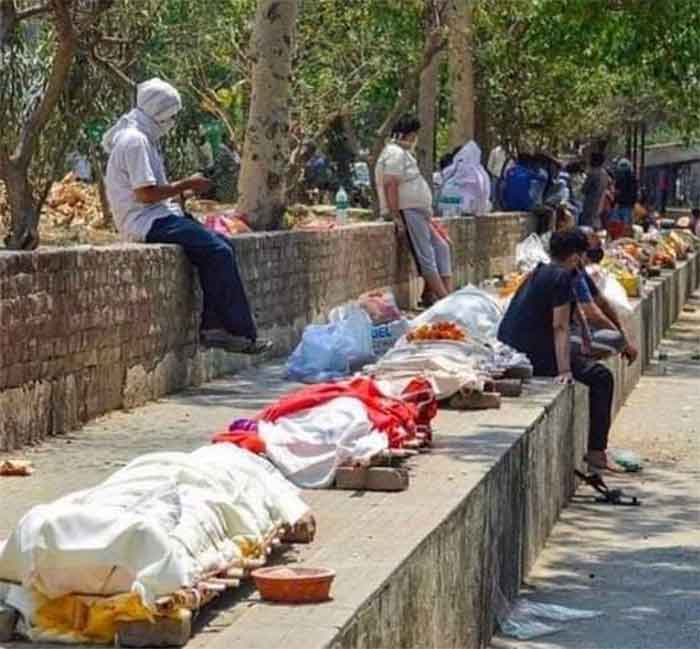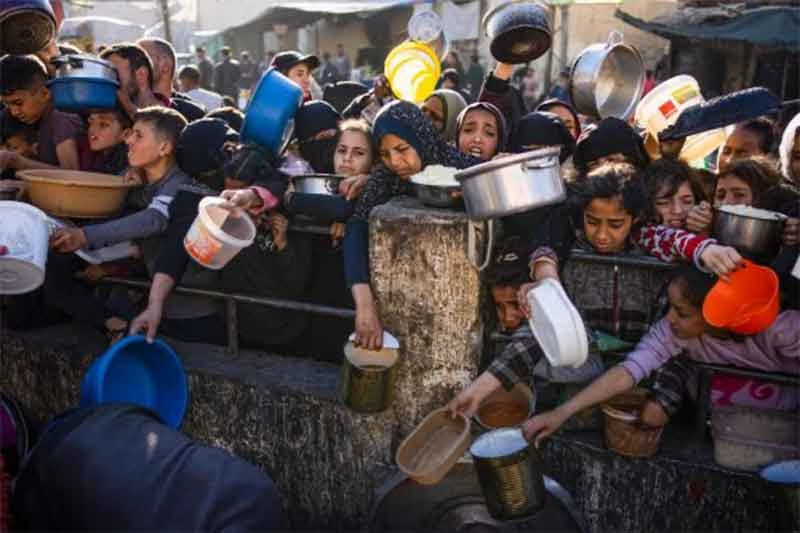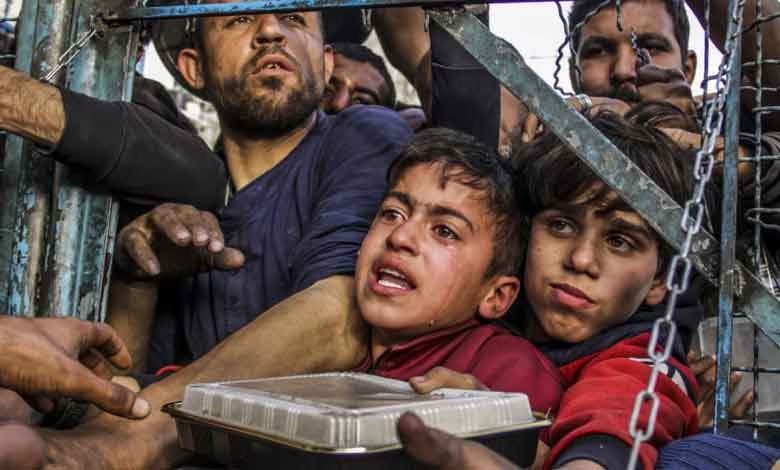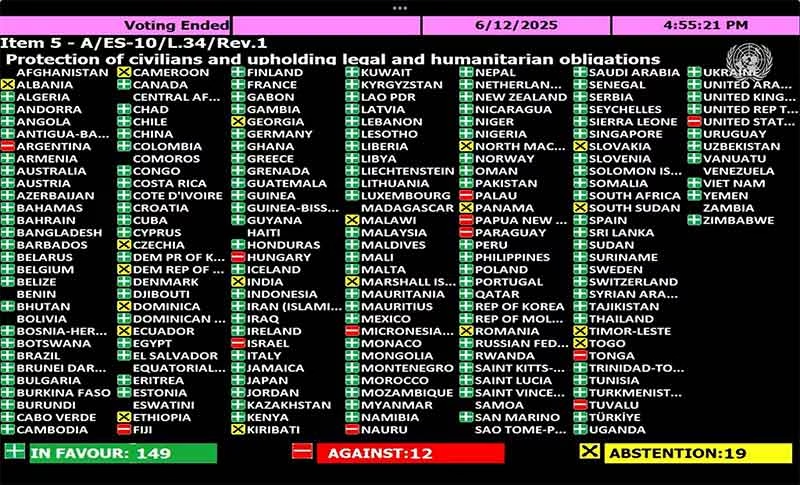
This situation implies that the global economy is staring at a depression. In brief, the situation is worse than a war since demand has collapsed.
The spread of Covid19 has rapidly spun out of control the world over and needs to be tackled urgently. Though the problem is global there are national specificities that require nuanced approaches.
There are three category of nations at present.
In some, the disease is now full blown like, in Italy and Spain. In the second category are nations like, the USA and India where it is spreading fast. Populations in these countries are now coming under compulsory lockdown. In the third category are countries like, China and S. Korea where the disease had first spread fast but now seems to be under control. The last category seems to give the assurance that if nations decisively, the disease can be brought under control. However, the danger of the disease reasserting itself again remains and vigilance is required
- Countries That are Recovering
Reports from China suggested that production is being ramped up after it declined drastically in January and February. But, it has been the fulcrum of global supply chain and cannot go back to full production of most items because other nations have cut back production and are importing much less of supplies from China. So, Chinese exports will not recover unless the other major economies that are now in lock down recover. Chinese imports will also not go back to pre-disease levels since production in other major economies remains hampered. China can substitute some imports with internal production but that will not be easy. If it was possible it would have already happened. So, China will have to boost internal demand to increase its production levels. South Korea and Japan will face similar issues since they are also large exporters. The Japanese economy was already close to recession before the onset of Covid19 and the situation has worsened.
Consumer and business sentiment is unlikely to recover fast in these economies and because of that, purchases by a population that has suffered grievously in China is unlikely to resume soon. Especially, discretionary items purchases are not likely to recover to the pre-disease level any time soon. For instance, automobile sales in China had fallen by 80% and that is unlikely to recover when the sentiment is poor. Investments will also not recover given that the Chinese economy contracted in January and February and businesses are not sure of an increase in demand. Production post March will remain below full capacity with exports and consumption unlikely to recover soon. So the full year growth rate will be negative or close to zero.
- Countries that are in Lock Down
In countries that are in lock down now, some production of services can take place from homes via net but that may also be less than earlier since most people are beset with anxiety and their efficiency will be low. This would be true in the case of legal services, teaching, finance and so on. Most services do require people to be in the field or in offices and workshops. They will be scaled down or completely stopped like for transportation, tourism, repair and maintenance, retail shops and wholesale depots. Even media will suffer due to reduced travel and because its finances will suffer due to loss of advertisement as profits of businesses plummet.
Health-related service will be drastically scaled up globally. Public services to keep the population supplied with essentials and security services will see an increase but most other public services will be curtailed. The net effect will be a contraction in public services. Decision- making by governments, preoccupied with the crisis, will be postponed. So, public investment will be a casualty.
The impact on manufacturing will be quite large because people are required to go to their workplaces and that has been curtailed due to lock down. Apart from essentials like, FMCG and medicines, the demand for pretty much everything else will fall, especially the big ticket discretionary items. When the sentiment is down, people reduce their demand for such items, like for cars and homes. These have large backward linkages and all those businesses will also stall at this point of time.
The demand for essentials will rise temporarily since people are hoarding them in anticipation of lock down and given the uncertainty about the duration of the prevalence of the crisis. But in a country like India, only the well-off can do that. For a large number of poor people who buy on a weekly or daily basis this is not feasible. But it does mean that temporarily the FMCG sector will find its inventories evaporating and they may increase production. However, this can only be temporary since the spike in demand is unlikely to persist. Depending on the duration of the crisis, demand may even plummet later, so one cannot be certain.
The small scale sector will suffer more than the large scale as these businesses work with limited amount of working capital and as their sales decline they will exhaust it. They will retrench workers or if they are self-employed, they will lose work pretty soon and that will reduce demand further. In India, because this sector is very large both in number and in employment, the impact will be substantial. It is here that the crisis will be the deepest since these workers have the least resilience to face a fall in incomes and this could lead to a societal crisis.
The fall in employment will also manifest itself in the organised sectors. Energy demand falls with reduced travel and production. Consumer durables and capital goods industries will also shut down partially or fully as demand plummets. Airlines are curtailing services, airports are running at reduced capacity, restaurants are being closed, demand for taxis, autos and buses has declined. They will all retrench contract labour to reduce losses.
- Countries in Partial Lock Down
Many businesses that are highly leveraged (especially in the financial sector) and will face failure. So, NPAs of banks which were already large will rise dramatically unless government takes corrective action. In the Indian stock markets the FPIs and the Indian rich have taken the first mover advantage and withdrawn large sums of money leaving the middle class investors and public institutions who are still invested in the Mutual Funds to take most of the losses.
Countries in different stages of lock down will have to ensure incomes for those losing employment otherwise their recession will deepen into a depression. Governments will have to directly do this through direct cash transfers and this has been announced in countries like, the USA, Norway and UK. However, due to lock down, the availability of essentials will be critical and the government has to ensure that, via a public distribution system, perhaps with the help of the army and police.
For economies like India and the US, where the number of cases are rising, and partial lock down has been enforced, the priority has to be to prevent the disease from reaching the critical stage of community spread of the disease. So, wider testing is essential, as demonstrated by S Korea in controlling the spread of the disease. For this, discipline is absolutely essential.
In India, with the poor state of governance and widespread cynicism, superstition and lack of scientific temper, control may be difficult. There should be public stocking of essentials and assurance that it would be equitably available to all citizens. Production of essential health equipment, protective gear and required medicines needs to be accelerated.
In India, business failure needs to be addressed by relaxing the (90 days) norm of declaration of NPAs. Expenditure on public works programs needs to be speeded up so that people continue to get work. But this has to be consistent with the health constraints of isolation. Urban employment generation is crucial via some kind of employment guarantee scheme. Work can be expedited on the existing infrastructure projects and on expanding medical infrastructure. Recruitment of doctors needs to be speeded up and retired medical practitioners should be encouraged to come back to work. Medical research on disease control needs to be speeded up.
- Not the Usual Business Cycle
With disruption of production continuing since mid-January all over the world, the world economy is bound to enter into recession which will have a long term impact.
This is not the usual business cycle in which monetary fiscal policies can deliver. Fiscal policies can only slow down the decline but not prevent it while monetary policies have to be accommodative.
The situation is worse than in a war since demand has collapsed as argued above.
In a war, demand rises due to the need to produce military equipment which is constantly destroyed. Now only the bare essential is produced and distributed, with all other production and distribution halted, due to the need to isolate people. In a war, activity increases but now activity has largely stopped. So, the usual solutions will not work. The problem cannot be solved immediately but society has to be prevented from going into collapse.
Government intervention has becomes critical to mitigate the impact of the pandemic, especially in a poor country like India. Public Distribution of essentials will have to be expanded to fulfill basic needs. Incomes will have to be transferred to the poor. Given the difficulties of identification, a Universal Basic Income can be put into place. Public health infrastructure will have to be strengthened. Support to small and cottage sector is required so that they can recover when the situation eases.
- Fiscal Deficits will Rise
Markets cannot perform most of these functions and it is the collective that will have to deliver.
Thus, government expenditures will balloon while tax collection will contract as economic activity declines. There is no possibility of raising additional taxes at this juncture. Indirect taxes will be inflationary and further burden the poor and reduce demand. Commodity prices will fall and the government could raise taxes to absorb the fall in prices but that would only be counter-productive. Direct taxes cannot be raised since profits and incomes are already badly hit. Non-tax revenue cannot also be expected to contribute more since the public sector is also under stress.
Disinvestment in the present circumstances of decline in the stock markets and negative sentiment in the markets is unlikely to be successful.
For instance, presently with the airline industry in a state of collapse, who would buy Air India? The insurance sector will face lots of claims and its profitability will be hit. LIC will take big losses in the stock markets, which is collapsing while LIC is buying to support the markets. So, sale of its equity is unlikely to take place. The sale of BPCL, pending for a while, is also unlikely to fructify since energy prices have collapsed, profitability has been hit and share prices have dropped globally. These were the three big ticket items for raising additional non-tax revenue. Auction of spectrum is also likely to be postponed given the problem of AGR faced by telecom companies.
The Fiscal Deficit will rise because, as argued above, revenue will be short, while expenditures to tackle the crisis will rise. But, this should not be allowed to act as a constraint on increased government expenditures. FRBM has become meaningless. A higher deficit will not be inflationary since demand is drastically down and capacity exists to take care of any extra demand (even for most essentials) should it materialize. In fact, a higher deficit will help maintain some demand in the economy.
- Conclusion
The problem will persist for a while since there can be phases of the spread of the disease. Historically, the Spanish flu a hundred years back caused more deaths in the second round. We do not as yet have a medicine to take care of the disease or a vaccine to protect individuals against the disease.
Thus, a V-shaped recovery is unlikely and production may remain curtailed for months if not for more than a year for all the three category of countries. This implies that the global economy is staring at a depression.
In brief, the situation is worse than a war since demand has collapsed.
Businesses and finance companies are likely to fail and employment severely impacted. To deal with the health and economic crisis, governments have announced Emergency and set up special task forces on the economy. In India too, the PM announced this in his address to the nation. The budget would have to be revamped with resources focused to mitigate the crisis confronting the marginalized sections of society, if a social breakdown is to be avoided.
The moot question is whether the crisis will bring about a fundamental change in societal thinking as people realize that a lifestyle change is required, and crucially, a well-functioning government and provision of public goods is needed at all times.
(Dr. Arun Kumar is Malcolm Adiseshiah Chair Professor, Institute of Social Sciences, New Delhi, and Retd. Prof. of Economics, JNU.
He is the author of two recent books :
Indian Economy since Independence: Persisting Colonial Disruption.( Vision Books.)
Understanding the Black Economy and Black Money in India: An Enquiry into Causes, Consequences and Remedies.)
















































